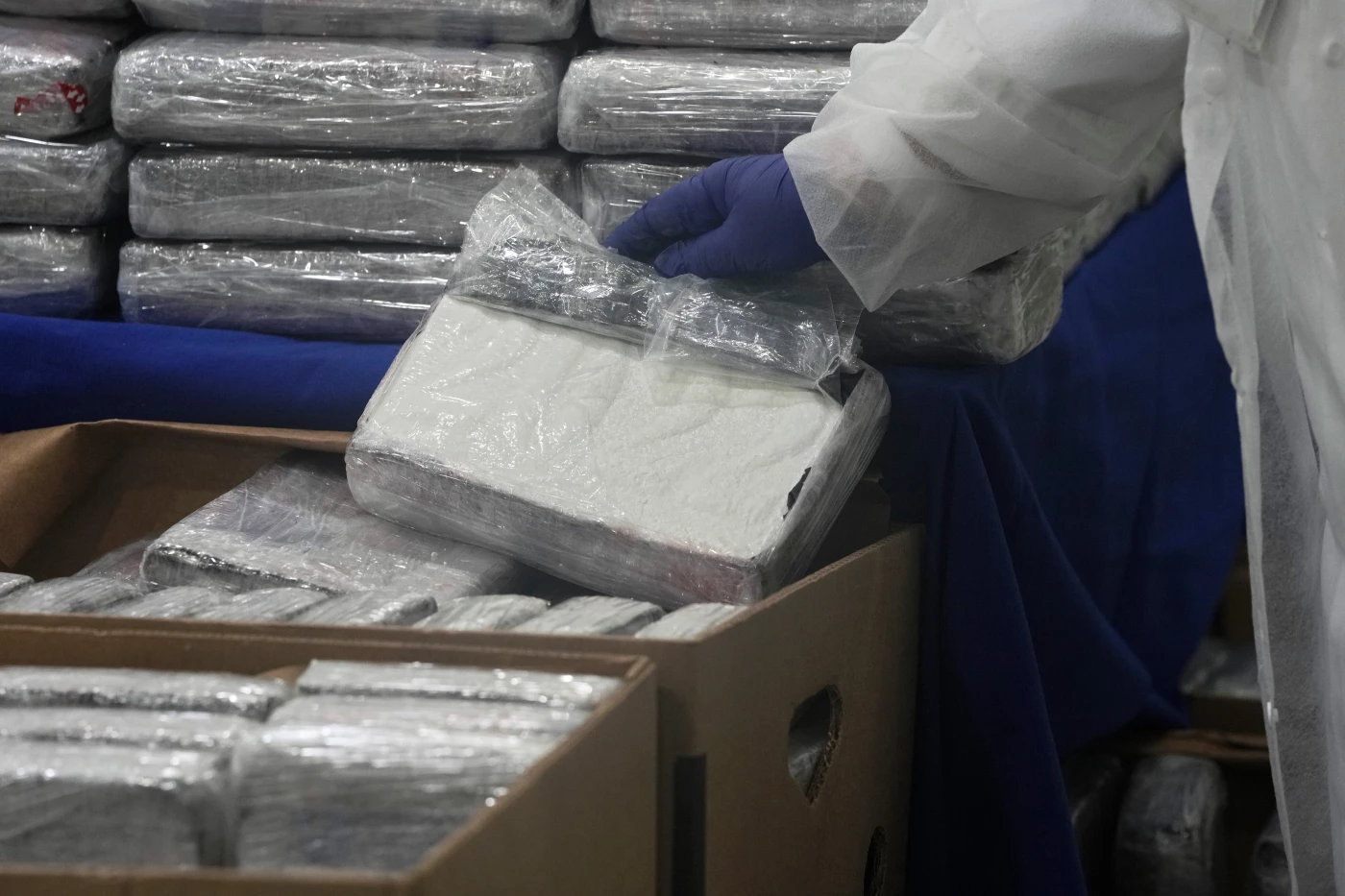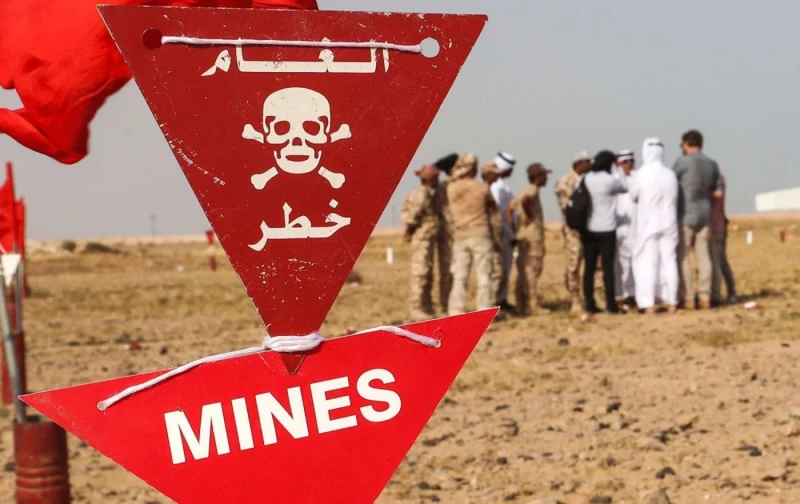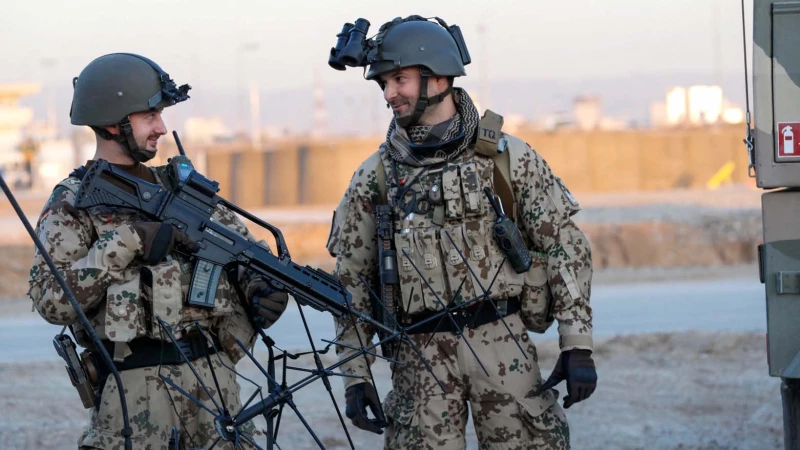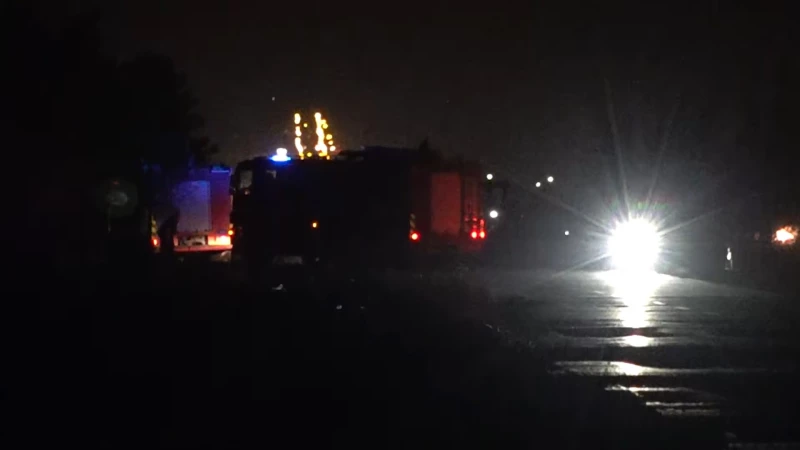ERBIL, Kurdistan Region of Iraq - The Kurdistan Region’s anti-narcotics directorate on Sunday announced its teams had arrested a suspected drug-trafficker of foreign nationality along with seizing 11 kilograms of cocaine in his possession in the capital Erbil.
The operation, carried out on Friday after obtaining a warrant from a specialized judge and conducting “weeks-long investigation,” resulted in the seizure of 11 kilograms of cocaine brought into the Kurdistan Region from Guinea, according to the directorate statement.
“A foreign trafficker, who was been involved in this business for years, was arrested in this activity,” the statement added, noting that legal measures will be taken against the suspect in accordance with the combating narcotics and psychotropic substances law.
According to data obtained by The New Region, as of June, over 1,380 people were charged on drug-related offenses in Erbil in 2024.
A delegation from the American Sterling Charity Foundation met with Erbil’s governor Omed Khoshnaw in June to discuss the opening of a rehabilitation center in the province.
The initiative came while another rehabilitation center is at the last stages of completion in the province’s Shaqlawa district, and two more centers are also being established in Sulaimani and Duhok provinces.
Despite imposing severe penalties, Iraq continues to struggle with an escalating drug problem that has intensified since the US invasion in 2003.
The country has transitioned from a transit route for drugs from Iran and Pakistan to a drug manufacturing hub, as noted in a 2022 report by the Washington Institute.
Iraqi anti-narcotic forces on Sunday seized around 170 kilograms of captagon pills and arrested four suspected drug-traffickers, including a foreign national, in an operation in Basra, according to a statement from the Iraqi interior ministry.
Earlier this year, the Iraqi interior ministry announced that the quantity of drugs seized in the first half of 2024 exceeded 1.5 tons, while the amount of psychoactive substances seized over the past two years reached five tons.
Iraqi politicians have repeatedly warned against the rapid increase of drugs in the country.
Despite consecutive government cabinet’s pledging to fight the drug phenomena in the country and Prime Minister Mohammed Shia’ al-Sudani having ordered the establishment of rehabilitation centers across all Iraqi provinces, the country’s infrastructure is still too weak to combat the rapid increase in drug use.



 Facebook
Facebook
 LinkedIn
LinkedIn
 Telegram
Telegram
 X
X


